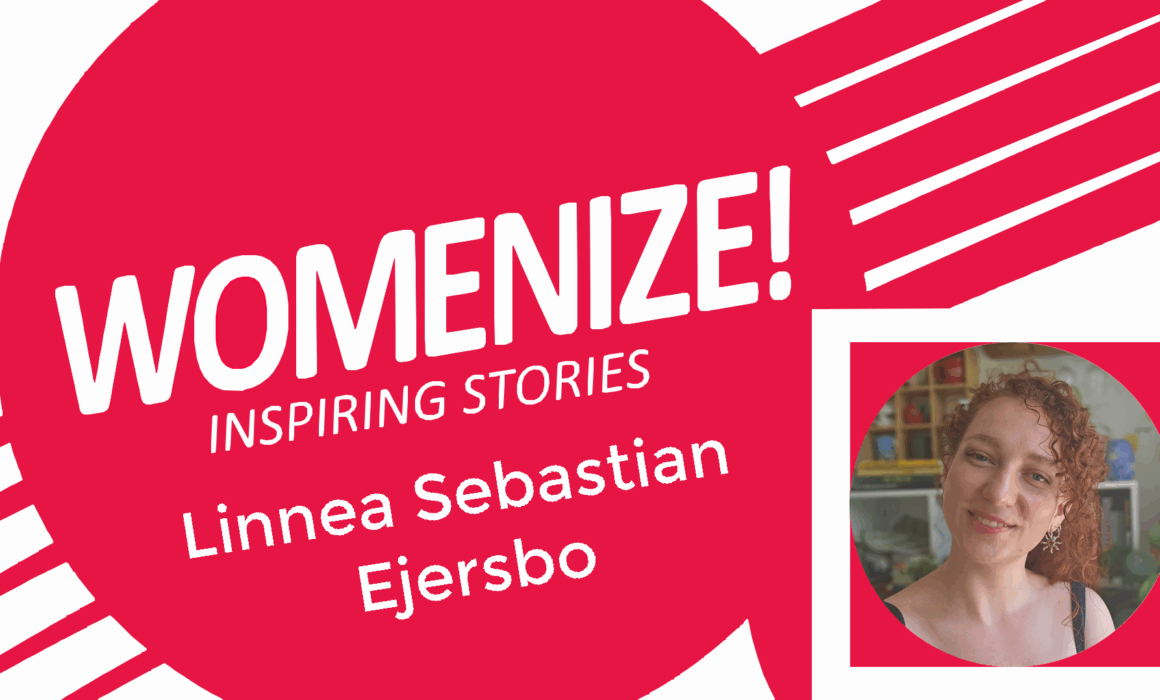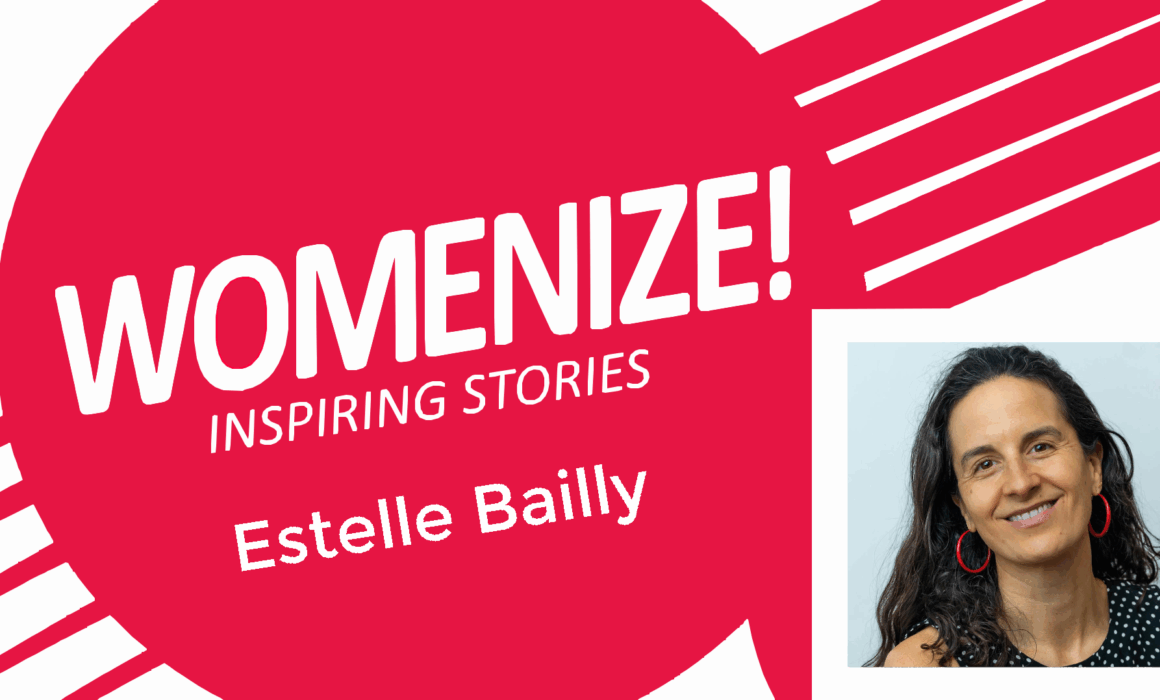Jenny Holmstrøm – Womenize! – Inspiring Stories
Womenize! – Inspiring Stories is our weekly series featuring inspirational individuals from games and tech. For this edition we talked to Jenny Holmstrøm, CEO of InsaneoBerry. She speaks about transforming personal hardship and constraint into a creative, loving approach to leadership and game development that celebrates finding beauty and meaning in everyday life. Read more about Jenny here:
Hi Jenny! Looking back at your path from freelance animator to leading InsaneoBerry, and your extensive volunteer work, wwhat were the pivotal moments or choices that shaped your journey? How did your educational background and early experiences influence the way you approach leadership and creativity today?
Growing up in a conservative household, my educational path wasn’t for me to choose. Since young, I’ve always loved math, problem solving and creative thinking. However I was forced into picking a normative “feminine” education, specifically within arts. The most logical choice was to study animation, as it was something I knew would become useful for my at-the-time secret obsession with game- and software development.
When volunteering, I’d choose roles with transferrable skills. Being a chef for the disabled taught me how to lead teams under high pressure. Graphic design gave me the opportunity to develop my pitching skills. The conservative teen organization (which was more liberal than my parents ever knew) gave me the toolset to advocate for myself in a politically correct way and gave me media training.
One of the most pivotal points during these hard times was staying true to my interests, which I merged with the forced path to make video games late at night.
You describe yourself as a hopeless romantic who romanticizes life through video games. How do you translate that perspective into the worlds and stories you create?
Video games have the ability to transport me to fun and magical worlds with endless possibilities. A detrimental point of healing and growing was realizing that the world we live in can be as fun, magical and endless as the ones we often experience in games.
My worlds focus on highlighting the amazingness found in the mundane. It’s so fantastic that most of you reading this are so lucky to have a sink with dirty dishes and that you can wash said dirty dishes with clean water from a warm home.
Through videogames and software, I want to implement techniques often seen in romance media with the end goal of making the player fall in love with living.
Building a game studio comes with both triumphs and setbacks. Can you share a challenge that truly tested you, and how you turned it into a learning experience or milestone that shaped who you are as a leader and creator?
Romance rarely comes without heartbreak. I found this to be true also when it comes to work. There have been many moments of despair in my journey: Educational blockades, recovering from schizophrenia, escaping inhumane living situations and even having to fight off a guy with a weapon on my way home from a work event!
This world is at times unjust. When wanting to give up, I somehow manage to find something I’ve written in the past that’s kept me moving. They were like small love letters from my past self.
My heartbreaks – regardless of romantic, platonic or work related have shaped me into becoming a loving leader and creator. This world may break me and the day it does, I’m certain someone will pick up my love letters packaged as video games. My love for life and games will outlive me and create a more loving world, I hope I live to see it.




